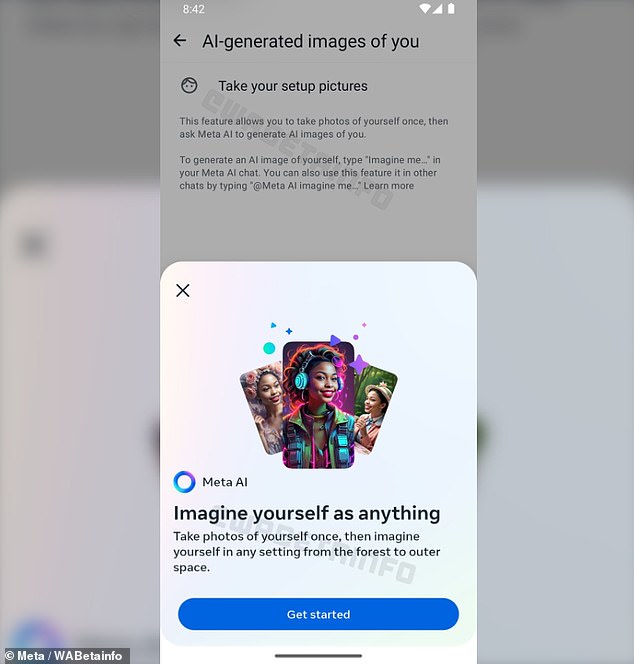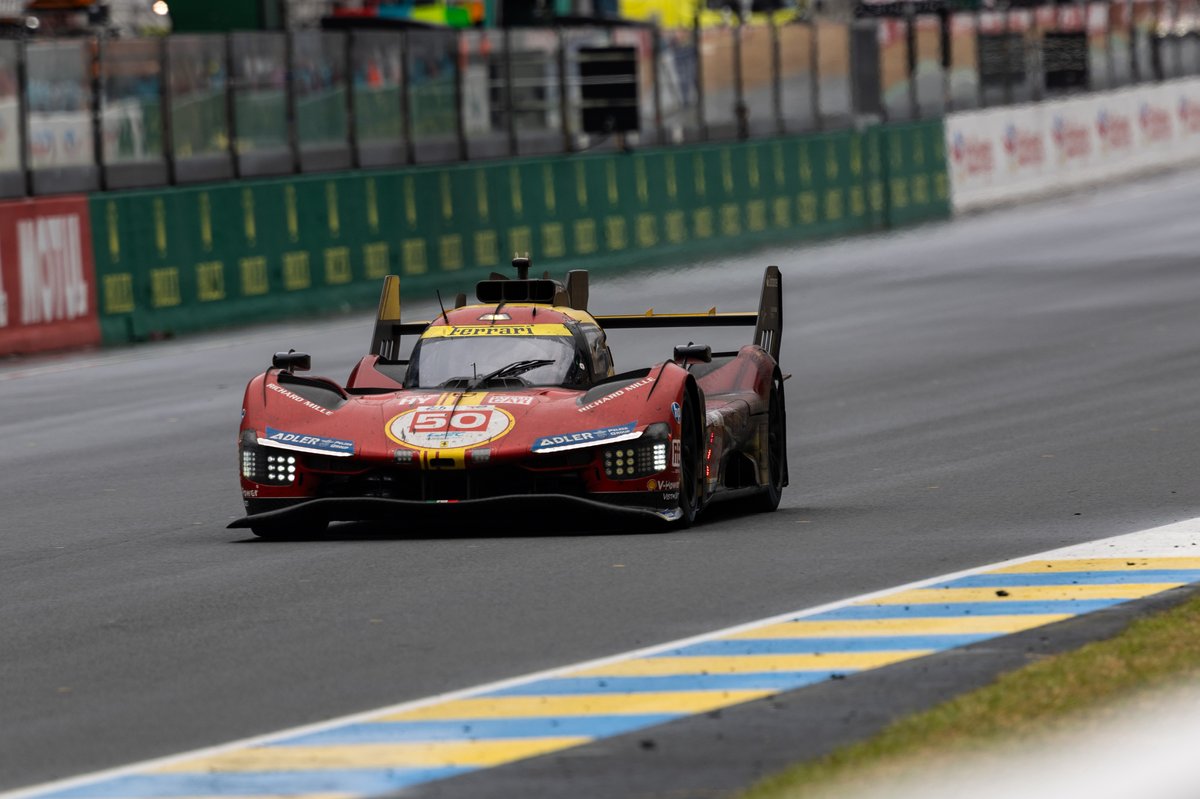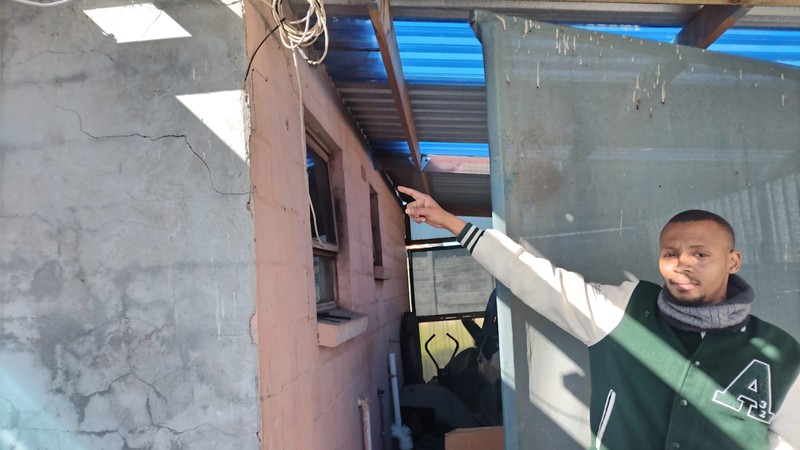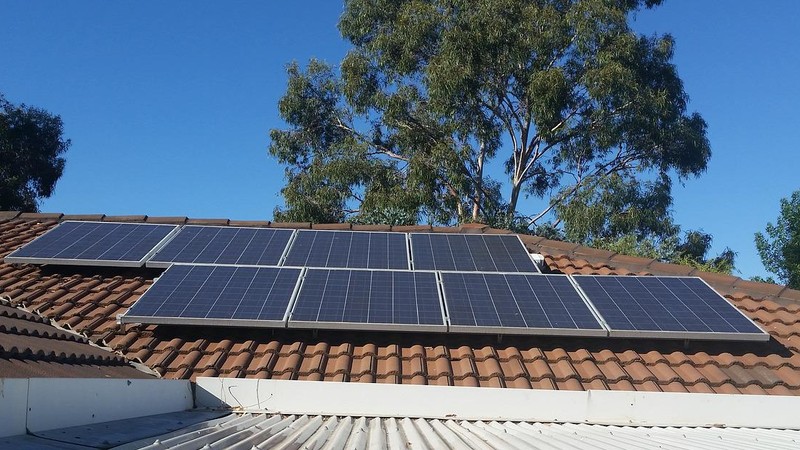
WHATSAPP COPIES APPLE! META'S MESSAGING APP IS WORKING ON AI AVATARS
- WhatsApp is reportedly working on implementing a new generative AI feature
- Users may soon be able to generate AI avatars in the popular messaging app
It is the most popular messaging app for millions of users all around the world.
And now, WhatsApp may soon receive an AI-powered tool that give users even more ways to communicate.
The Meta-owned messaging service is reportedly working on a feature that will allow users to make personalised avatars of themselves in any imagined setting.
By uploading a collection of photographs WhatsApp users will be able to train Meta's AI to create realistic digital renders in their likeness.
However, early screenshots of the new update bear a striking resemblance to Apple's similar 'Image Playground' tool announced last month.
First spotted by WABetaInfo, this update was hidden a new beta version of WhatsApp that could be released later this year as part of a software update.
A screenshot of the beta feature instructs users to 'take photos of yourself once, then imagine yourself in any setting from the forest to outer space'.
The sample images included in the screenshot show a female avatar in a variety of different aesthetic styles and backgrounds.
It's thought users will be able to set them as their WhatsApp profile photo or even send them to friends.
To use the feature, WhatsApp users will need to upload at least one photo of themselves.
These will be used to train the Llama generative AI model which is responsible for creating the images.
Once the images have been uploaded, users will simply type 'Imagine me...' into the in-app Meta AI chatbot and add the description they want to generate.
Alternatively, Meta's AI will be accessed through any WhatsApp conversation by writing '@Meta AI imagine me...'.
While users must upload an image to access the feature, WABetainfo also reports that the reference image can be deleted at any time through Meta AI settings.
The feature will also be completely optional and users will need to manually activate the AI option in order to use it.
It is currently in beta, meaning it has not yet completed development, and Meta has not given a date for the full rollout.
Meta AI is available for a small group of users in the US but is expected to be rolled out more widely later this year.
Similar to other AI-image generators such as Lensa AI or Snapchat's 'Dream' feature, Meta's new feature appears to use a combination of user-generated images and text prompts.
However, the most striking resemblance is to an AI image generation feature revealed by Apple at WWDC called Image Playground.
This feature, due to be released as part of Apple Intelligence in iOS 18, allows users to create AI avatars using photos of real people.
With Image Playground, users will be able to create images in a few seconds, choosing from three styles – 'animation', 'illustration' and 'sketch'.
A promo image appears to show a photo of a person being turned into a video game-style 3D avatar wearing a spacesuit.
It's just one of many AI features revealed by Apple, including the option to create AI-generated emojis from text prompts.
UK and EU users will need to wait till at least 2025 to access the features due to an ongoing regulatory row between Apple and the EU.
However, it is not clear whether Apple's Image Playground will allow these images to be used as profiles or avatars in the same way as WhatsApp's new feature.
Meta declined to comment when contacted by MailOnline.
Read more 2024-07-05T10:03:07Z dg43tfdfdgfd










